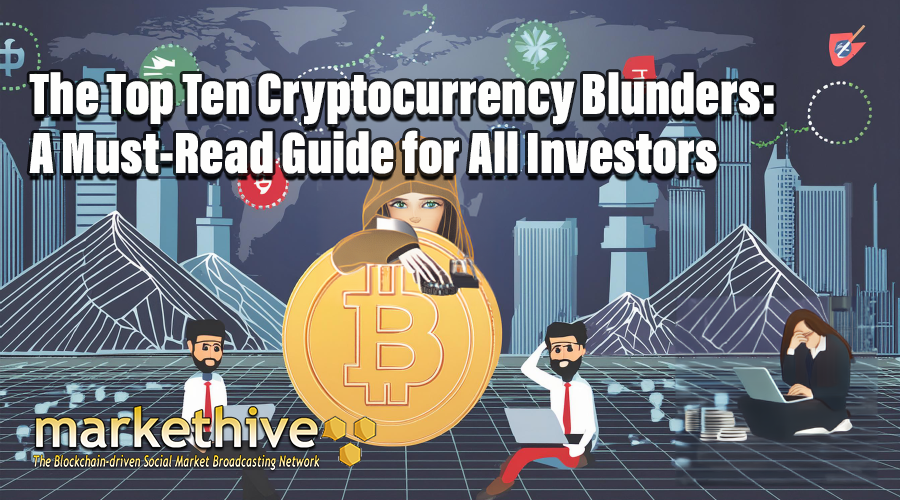


Image Source: Pixabay
Polkadot (DOT) Ecosystem Recap: The Latest Developments
Polkadot keeps holding center stage thanks to the developments surrounding its ecosystem and some strategic partnerships. Most recently, founder Gavin Wood revealed that the community has ratified the Join-Accumulate Machine (JAM) Gray Paper as “its next major protocol evolution with a near-unanimous governance vote.”
This technical upgrade is designed to replace the existing Relay Chain (the central chain of the network) with a more modular and minimalistic architecture. It combines elements of Polkadot and Ethereum, supports existing parachains, and aims to enhance network stability and scalability.
Last month, the team announced the JAM Implementer’s Prize, a 10 million DOT reward pool to encourage diverse development efforts and foster innovation within the ecosystem.
Enabling Asynchronous Backing on the Polkadot network is also worth mentioning. The upgrade represents “an optimized approach for how parachain blocks are validated by the Relay Chain.” Read More
CertiK announces CertiK Ventures to boost blockchain development
CertiK Ventures aims to drive on-chain innovation by supporting security-first projects, fostering key partnerships, and making strategic investments.
CertiK, a well-known entity in blockchain security solutions, announced the introduction of CertiK Ventures, a new initiative aiming to support emerging on-chain platforms.
CertiK Ventures will focus on promoting “security-first projects,” participating in venture capital (VC) rounds and establishing ecosystem partnerships.
Jason Jiang, Chief Business Officer of CertiK, commented on the importance of the initiative and its impact on Web3:
“The launch of CertiK Ventures is a pivotal part of our mission to secure the Web3 world. By combining our years of expertise in blockchain security with strategic investments, we aim to accelerate the growth of innovative projects that will shape the future of the industry.” Read More
Franklin Templeton Reveals Ethereum ETF Fee
The global asset manager will charge investors 0.19%, in line with the low fees in the competitive spot Bitcoin ETF race.
Franklin Templeton has become the first asset manager to reveal the management fee on their proposed Ether spot ETF—and it's virtually non-existent.
Per an updated S-1 filing with the Securities and Exchange Commission (SEC) on Friday, the Franklin Ethereum ETF will only charge customers 0.19% per year for holding Ether in their fund, a much lower rate than those assessed by global competitors that have already gone live.
“The sponsor’s fee is accrued daily at an annualized rate equal to 0.19% of the net asset value of the fund and is payable at least quarterly in arrears in U.S. dollars or in-kind or any combination thereof,” wrote Franklin.
That’s not all: the fund has also promised to waive all sponsor fees on its first $10 billion for the first six months after the fund goes live. Read More
Uniswap Foundation postpones vote on incentives
Users imply that the unnamed VC firm’s actions had revealed its significant influence, which could be seen as a mistake, undermining the decentralized values.
The Uniswap Foundation — the organization overseeing the decentralized exchange Uniswap — has postponed May 31’s highly anticipated vote on UNI staking and delegation rewards.
The foundation announced on X that it postponed the vote due to a concern raised by a stakeholder. This prompted a more thorough review and examination of the proposal, leading to a delay in the decision-making process.
The vote would have moved the decentralized exchange closer to activating its “fee switch” and giving incentives to UNI tokenholders who staked and delegated their tokens.
According to Erin Koen, the lead official overseeing the Uniswap DAO governance forum, in an announcement made on the Uniswap DAO governance forum, the proposed upgrade requires rigorous vetting due to its sensitive and irreversible nature, emphasizing the importance of thorough scrutiny before proceeding. Read More
The Top Ten Cryptocurrency Blunders: A Must-Read Guide for All Investors

Are you eager to maximize your returns in the cryptocurrency market? If so, it's crucial to avoid common pitfalls that could lead to significant financial losses. This comprehensive guide will delve into the ten most critical errors crypto investors often make, which can result in substantial monetary losses. By understanding and avoiding these mistakes, you can ensure that your investments not only avoid unexpected setbacks but also thrive, leading to significant profits that can potentially change your financial future. Read More
How to protect intellectual property in Web3
Web3, often dubbed the decentralized web, represents the forthcoming era of the internet, which strives to deliver a digital experience characterized by enhanced transparency, security and user-centricity beneficial for safeguarding IP.
Intellectual property (IP) rights pertain to creative products of the mind. In the rapidly evolving digital age, Web3 IP protection has become a paramount concern for creators and innovators. With the proliferation of digital content and technologies, ensuring the integrity and ownership of creative works has become increasingly challenging.
Web3’s decentralized nature fundamentally alters the traditional frameworks for safeguarding IP. Web3 operates on the principles of peer-to-peer (P2P) networks and trustless interactions, diverging from the centralized and intermediary-driven structure of the current internet, known as Web2. At its core, Web3 fosters trust, automation and autonomy, providing a suitable environment for protecting IPs in decentralized systems. Read More
Vitalik Buterin Explains Why ‘Big Blockers’ Lost the Bitcoin Scaling Wars
Ethereum’s creator says the best way to prevent future disputes will require new technologies like ZK-SNARKs.
The creator of Ethereum has revisited the “Bitcoin block size war,” rethinking his alliance with the “big block” camp in the late 2010s and now conceding that the “small block” contingent prevailed for good reason.
Reflecting on two Bitcoin history books told from opposite sides of the debate, Vitalik Buterin published a lengthy blog post on Friday over how Bitcoin should scale, upgrade, and be governed.
Buterin said advocates of larger block sizes wanted hard-fork upgrades that would increase Bitcoin’s transaction throughput. In retrospect, however, he believes big blockers lacked the competence to execute their vision properly, which largely contributed to their failure to change Bitcoin.
“Small blockers committed far fewer embarrassing technical faux pas, and had fewer positions that led to absurd outcomes if you tried to take them to their logical conclusion,” wrote Vitalik. Read More
US Should Join UK in ‘Blockchain Sandbox’ Free of Regulatory Meddling, SEC Commissioner Says
SEC Commissioner Hester Peirce says a safe space for blockchain experimentation could foster better crypto regulations—but experts doubt it will happen.
Hester Peirce, a leading member of the Securities and Exchange Commission (SEC), has signaled her support to a proposed cross-border “digital securities sandbox” between the U.S. and the U.K.
In a Wednesday letter, SEC Commissioner Peirce praised the Bank of England and the Financial Conduct Authority (FCA) of the U.K. for proposing a local “digital securities sandbox” (DSS), which would let participating companies to experiment with blockchain technology “in the issuance, trading, and settlement of securities.”
The sandbox was pitched as a testing ground to see whether using distributed ledger technology can boost the efficiency of the traditional banking system—and the commissioner said it should be available to companies on both sides of the Atlantic. Read More
Bitcoin Runes Resurgence? Why Asia’s Institutional Investors Could Fuel Growth
The Bitcoin meme coin protocol cooled off quickly after its explosive debut. But institutional investors in Asia are uniquely optimistic about Runes' long-term potential.
In crypto, where most histories are reduced to one-liners, the tale of the Runes protocol—an optimized framework for creating meme coins on Bitcoin—goes something like this: It started with a bang and faded out, just as fast, with a whimper.
Barely a month has passed since Runes’ blockbuster debut alongside the Bitcoin halving in April; and yet, the protocol’s subsequent failure to meet lofty benchmarks has led many to write the whole endeavor off as a misfire.
But could growing institutional excitement for Runes in East Asia signal a possible second act for the budding protocol?
While mainstream chatter around Runes has quieted in the West, buzz in Asia surrounding the protocol has only continued to snowball—particularly among institutional investors and more centralized building teams who see it as a more sophisticated riff on the theme compared to the earlier BRC-20 fungible token standard. Read More
Disclaimer: These articles are provided for informational purposes only. They are not offered or intended to be used as legal, tax, investment, financial, or any other advice.